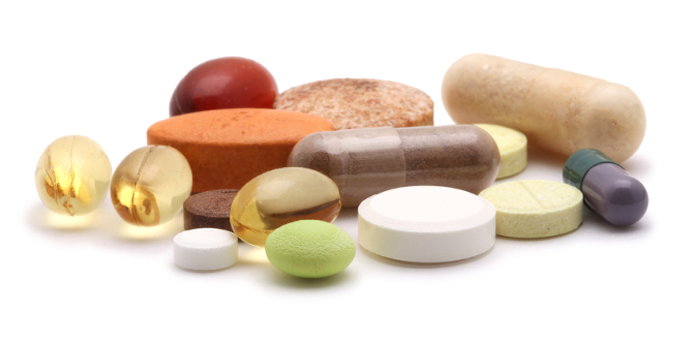Pantothenic acid, sometimes known as vitamin B5, is a nutrient that is vital for metabolism. It is a component of the molecule coenzyme A (CoA) which is part of the chemical process for creating fuel for the body from carbohydrates, proteins, and fats. It is also a part of the synthesis process for some hormones and neurotransmitters.
Deficiency of Vitamin B5The adequate daily intake (AI) of pantothenic acid for most adults is five milligrams per day. Deficiency of pantothenic acid is rare. The name pantothenic acid comes from the Greek word pantos, which means "everywhere". It is in most plants and animals, particularly meats, liver, fish and shellfish, poultry, vegetables, legumes, yeast, eggs and milk. Freezing and canning may lead to a loss of B5 content, as can the milling and refining of whole grains.
Symptoms of deficiency include impaired energy production, irritability, fatigue and neurological problems such as numbness and muscle cramps. Low B5 levels may also cause hypoglycemia, or an increased sensitivity to insulin.
Nutritional SupplementsNutritional supplements that contain pantothenic acid use a stable derivative called pantothenol. For most people, supplements are not needed. Drugs that contain estrogen and progestin, such as birth control pills, may increase the daily requirement for the vitamin. Malnutrition from poor diet or an eating disorder such as anorexia also increases the need for B5. A small study has suggested that doses of up to two grams per day of calcium pantothenate may reduce the duration of morning stiffness and pain severity in patients with rheumatoid arthritis.
Some studies have suggested that supplementation of another B5 derivitive called pantethine may reduce cholesterol. A 900 milligram dose, 300 milligrams three times a day, lowered total cholesterol and triglyceride levels in diabetic patients better than a placebo.



